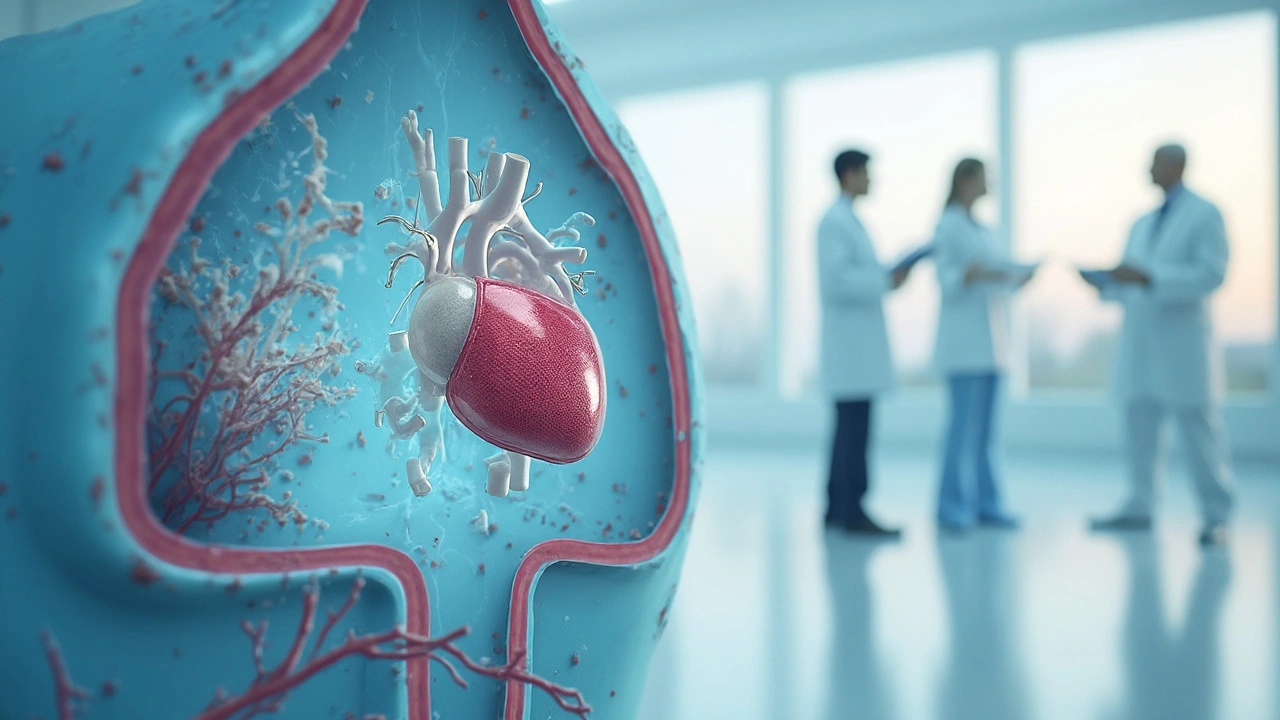If you or someone you care for is on an antiplatelet drug, you probably have questions: why it’s prescribed, how fast it works, and what risks to expect. Antiplatelets are medicines that stop platelets in your blood from clumping. That lowers the chance of clots that cause heart attacks, strokes, and problems after stent placement.
Antiplatelets make platelets less sticky. That helps blood flow through narrowed arteries and keeps stents open. The most common ones you’ll hear about are aspirin and P2Y12 inhibitors like clopidogrel (Plavix), prasugrel, and ticagrelor. Aspirin works quickly at low doses. Clopidogrel and ticagrelor take a bit longer to reach full effect, though ticagrelor acts faster than clopidogrel for many people.
Doctors pick a drug based on the problem being treated. For example, after a heart stent, many patients use two antiplatelets together (dual antiplatelet therapy) for a set time. For a single stroke prevention or heart attack prevention, one antiplatelet may be enough.
Bleeding is the main trade-off. Nosebleeds, easy bruising, or heavier menstrual bleeding are common minor signs. Serious bleeding (stomach, brain) is less common but possible. Always tell your doctor if you have a history of ulcers, liver disease, or recent bleeding.
Before surgery or dental work, ask whether you should stop your antiplatelet and when. Different drugs need different stop-times — aspirin is sometimes kept, while clopidogrel may be stopped 5 days before a procedure if your cardiologist agrees. Never stop on your own after a stent or recent heart event without medical advice — stopping can raise the risk of a clot.
Watch for drug interactions. Some heartburn meds, certain antibiotics, and herbal supplements can change how antiplatelets work. If you use over-the-counter pain pills, avoid combining multiple NSAIDs with antiplatelets without checking with a clinician. If you’re on blood thinners (warfarin, DOACs) plus an antiplatelet, bleeding risk rises and your care team should closely monitor you.
Simple lifestyle steps help: avoid heavy alcohol, protect your stomach by treating ulcers, and carry a list of your meds. If you ever have sudden severe headache, faint, or pass dark stools, seek emergency care — those can be signs of major bleeding.
Questions to bring to your prescriber: Why this specific antiplatelet? How long will I need it? What should make me call you right away? How should we handle upcoming surgeries? Clear answers make daily life with these meds safer and less stressful.
If you want specifics on a drug like aspirin, clopidogrel, or ticagrelor, or need tips for buying meds or managing side effects, check our related articles on farmapram.com or ask your healthcare team for tailored advice.
